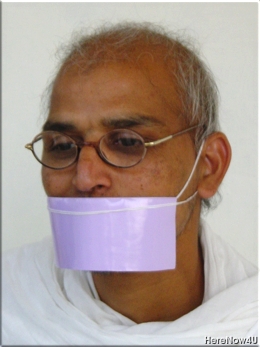
During our stay in Ladnun, we talked with Munishree Dharmesh Kumar on the scientific study on the properties of consciousness he had co-authored with Dr. Gaur. For our better understanding, we put the following questions to Munishree:
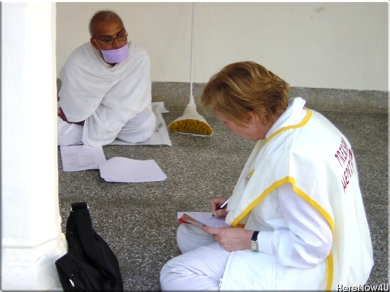
Why did you chose the title ‘Peace through science of consciousness’ for your article?
Self-understanding results in peace, when we understand our own consciousness, we understand others as well. There is the unity of souls behind all diversities, featuring the supreme existence in us.
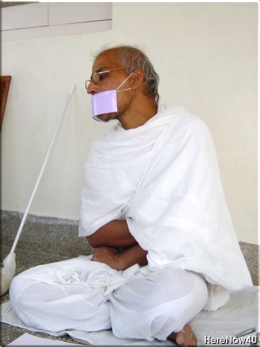
How it came that you researched into ESP?
The aim of this research was to proof the properties of consciousness. ESP turned out to be the proper means to proof this and therewith the unity of souls.

What is the meaning of the baseline intervention?
The baseline intervention issued that plain consciousness is more or less guessing and not concentrating on the object.
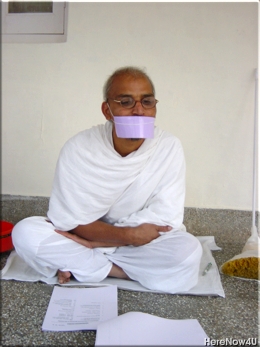
Which are the faculties of consciousness?
When we are concentrated, we can go immediately to the object of our interest. Consciousness has the faculty to move beyond time and space, there is no time needed for its movements to any chosen point.
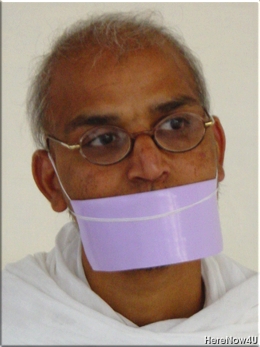
What is the reason for the great difference in the results?
The most difficult is to stabilise the flickering mind, meditation is the proper means for this. Therefore we had chosen two persons meditating since two decades, a monk and a householder.
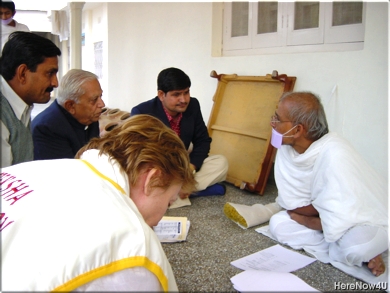
Trained by meditation, our consciousness is able to move independently from space and time. This is fantastic. Thank you, Munishree.
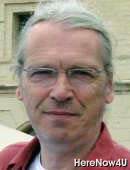 Editor Aparigraha Jain
Editor Aparigraha Jain
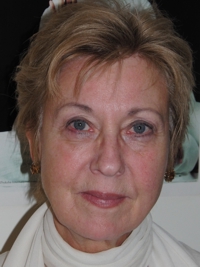 Editor Carla Geerdes
Editor Carla Geerdes